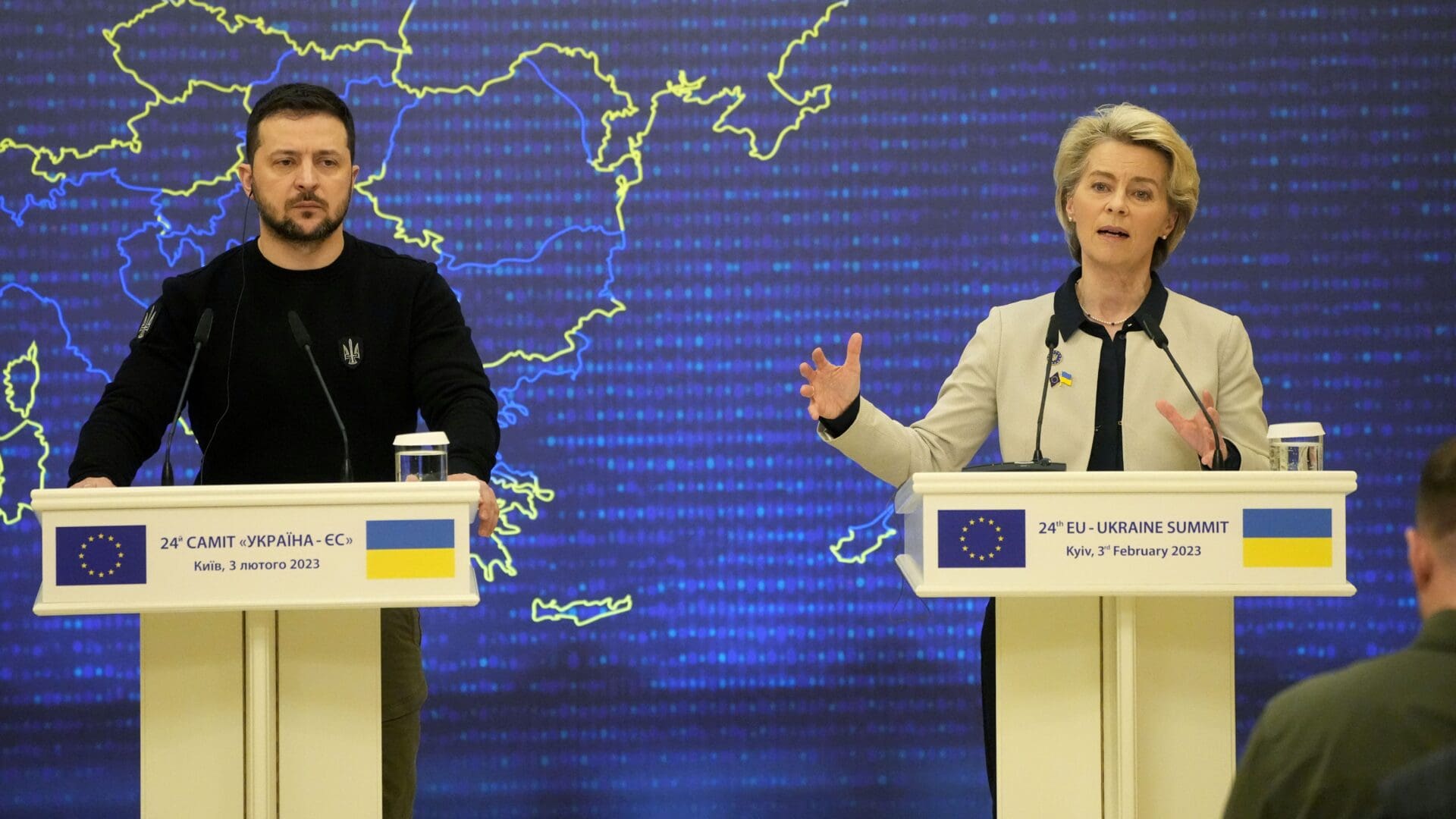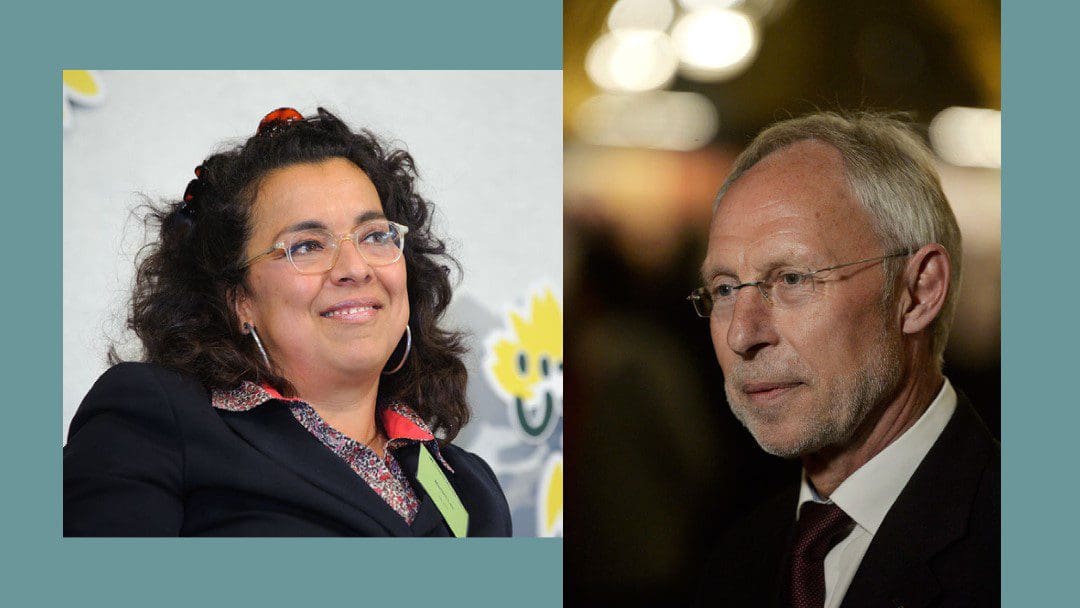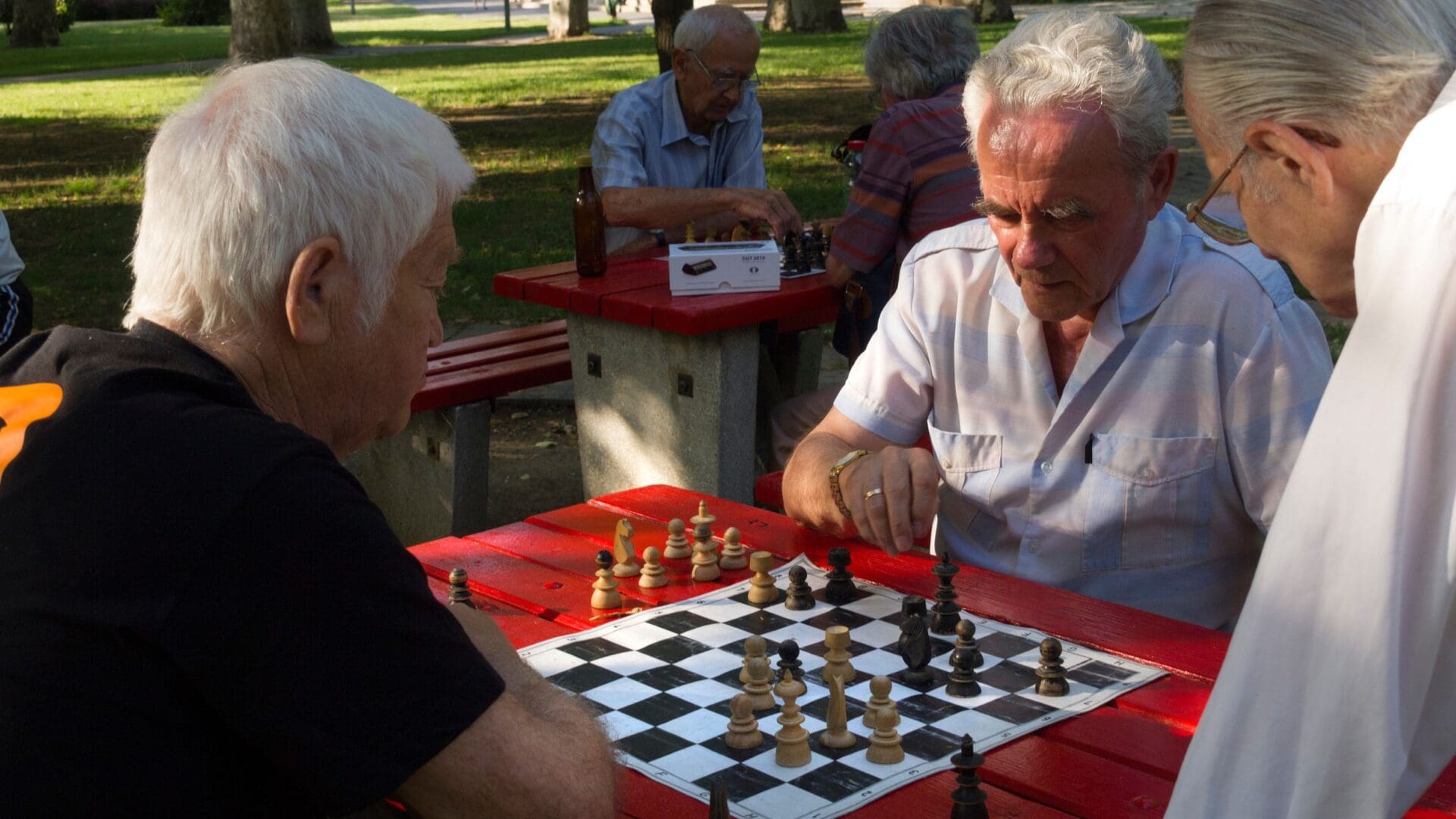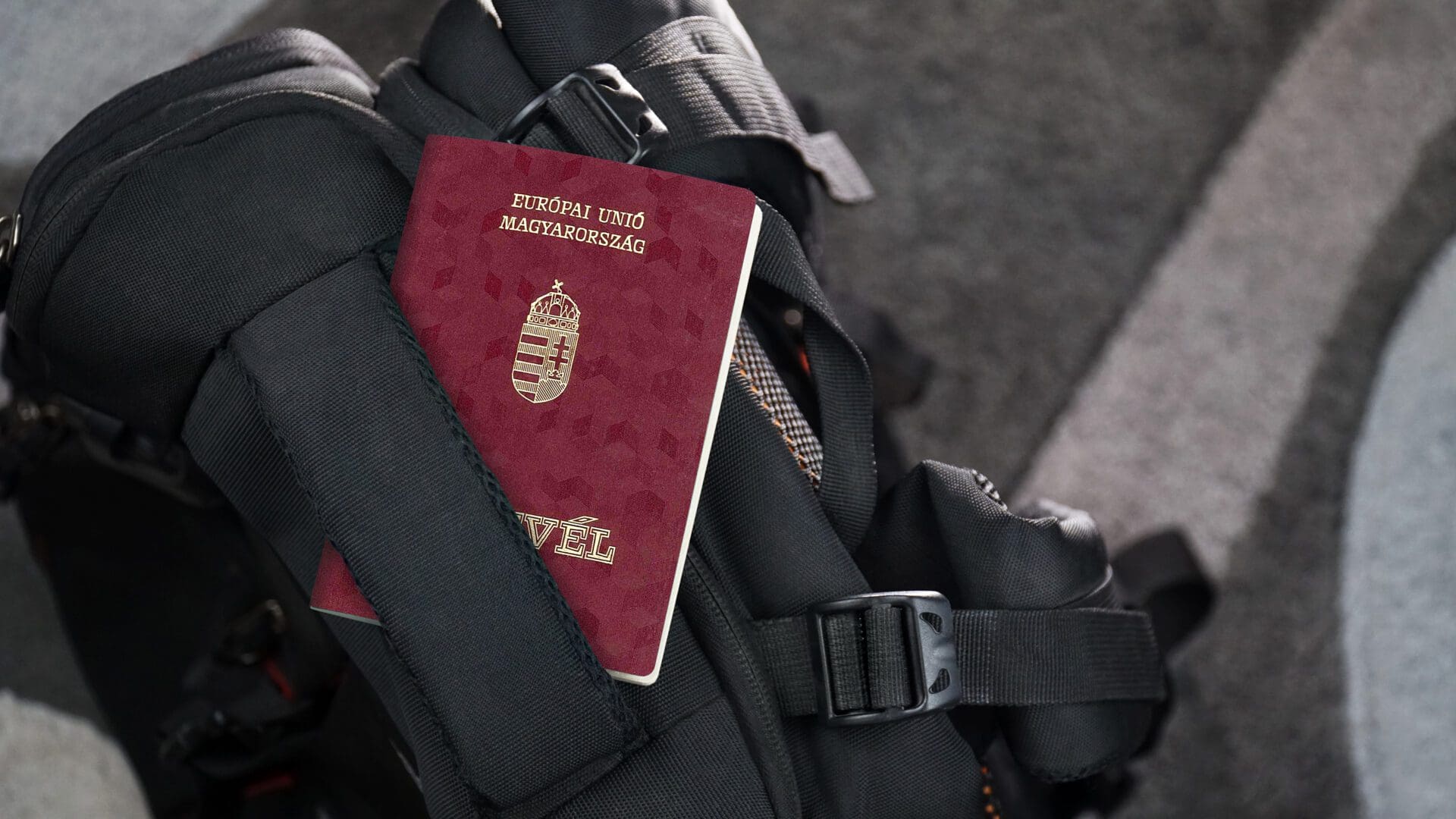
A German Duchess in Veszprém — The Story of Gisela, Hungarian Queen Consort and Roman Catholic Blessed
In addition to strengthening the alliance between the Kingdom of Hungary and the German Empire, Blessed Gisela’s marriage to St Stephen permanently committed the country to Western-style Christianity and development.









